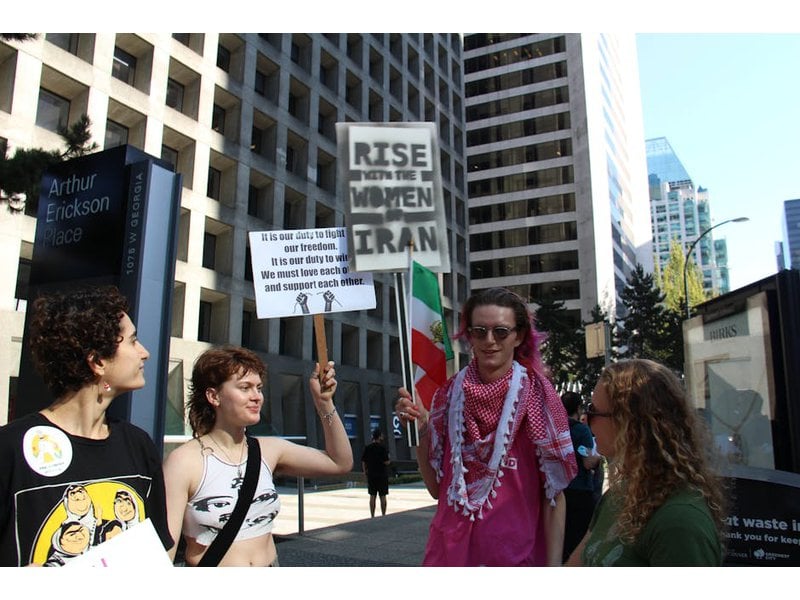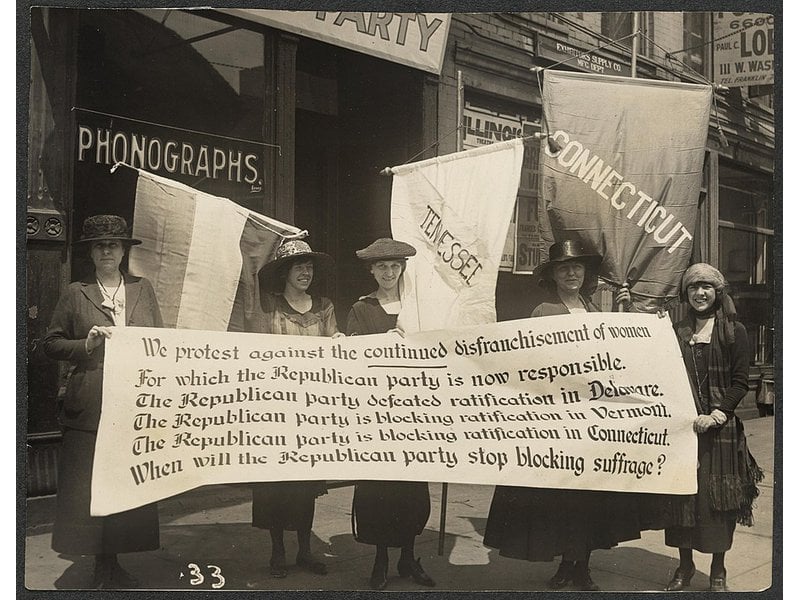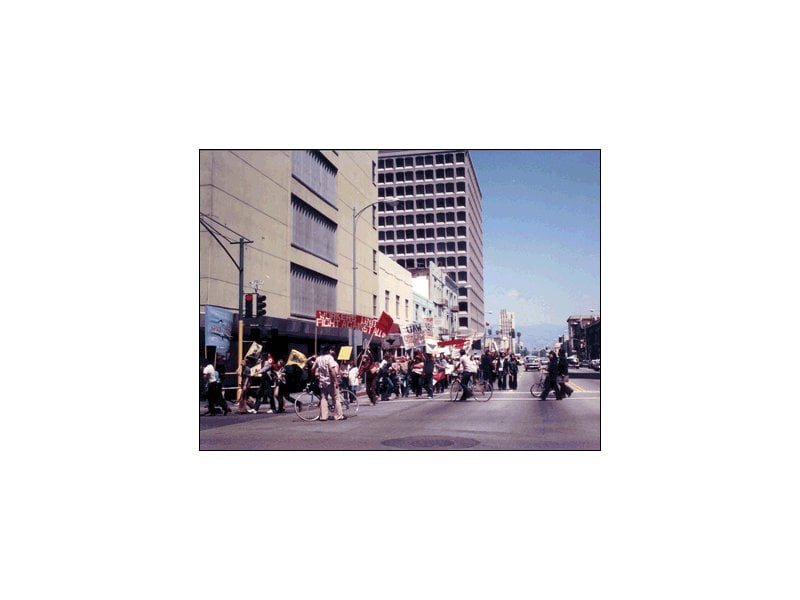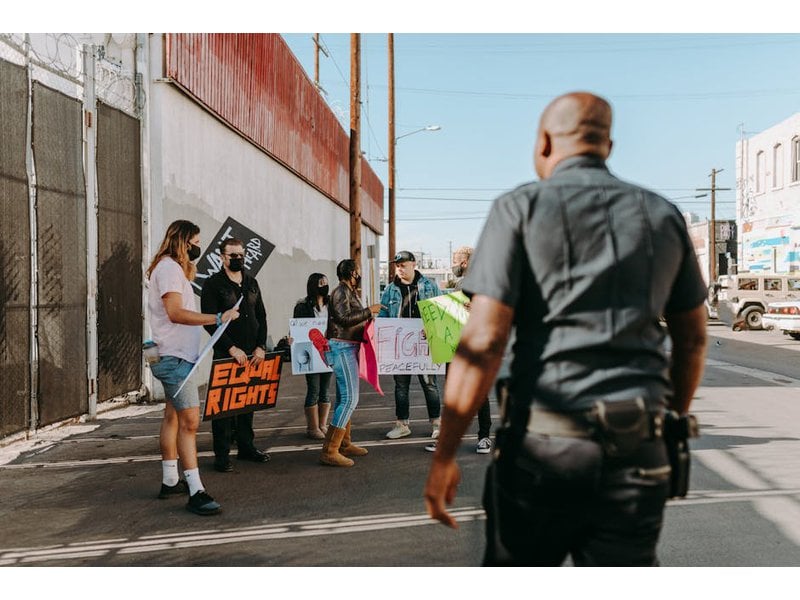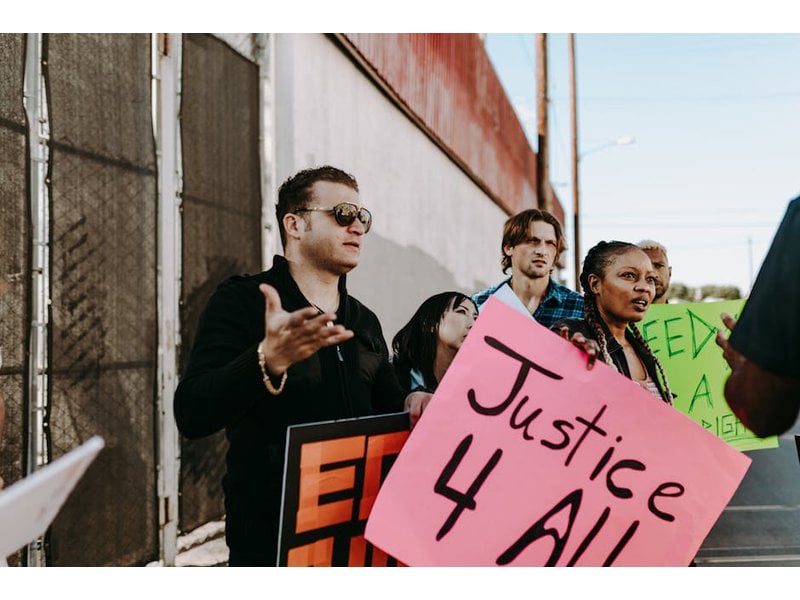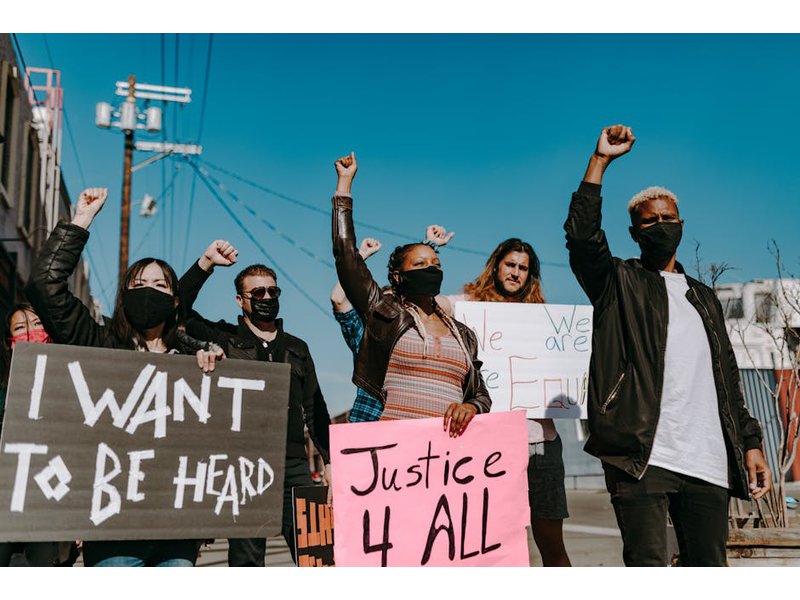150 noncooperation by constituent governmental units
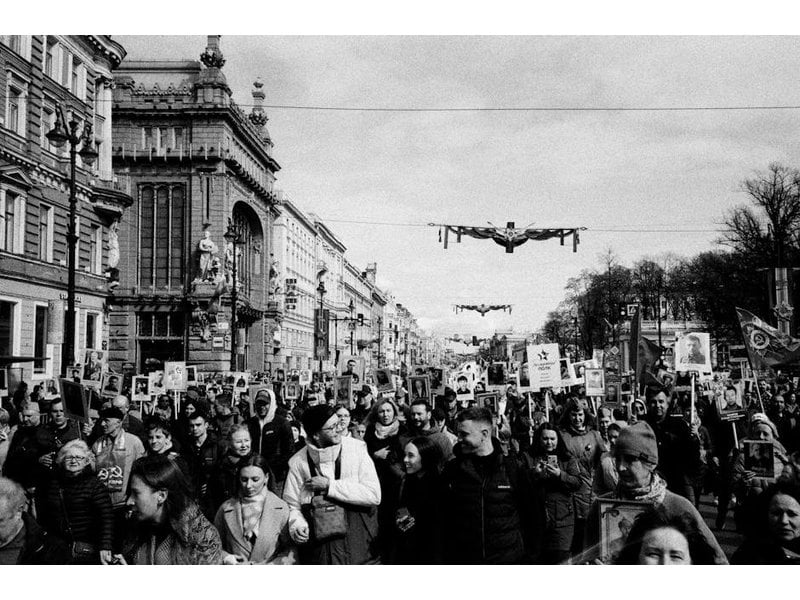
"Where there is widespread opposition to and noncooperation with the central government, and where local, provincial or state governmental bodies are responsive to public opinion, they may themselves undertake official noncooperation with the central government. Crane Brinton believes that this was an important factor in the American Revolution, during which “town meetings and colonial legislatures were part of the legal government, but were often controlled by men active in the illegal government.”"...
Potentially awesome partners
High scoring campaigns using this method
Historical cases from the Nonviolent Action Database that used this method
Estonians campaign for independence (The Singing Revolution), 1987-1991
Estonians have long held a tradition of singing. Beginning in 1869, Estonians have held a song festival every five years called the Laulupidu during which thousands of Estonians gather to sing together. During the 1940s, the Soviet Union invaded and ...
German citizens defend democracy against Kapp Putsch, 1920
In March 1920, Walther von Lüttwitz, a commanding general in the German army, and Wolfgang Kapp, a German provincial official (with the help of a few other German officials, such as Chief of Staff, General Hans von Seeckt and his collaborators in the...
Hungarians campaign for independence from Austrian Empire, 1859-1867
In the 1840’s there were high tensions between Hungary and the Austrian Empire. Hungary, a part of the larger Austrian Empire, was characterized by nationalistic fervor and that feeling erupted in a violent insurgency in 1848. Franz Josef, the empero...
Lithuanians campaign for national independence, 1988-1991
Russia first occupied Lithuania and introduced a program of “Russification,” an attempt to eliminate Lithuanian language and culture in favor of Russian culture, in the mid-19th century. After 22 years of independence from Russia, the Molotov-Ribbent...
Norwegian workers, women campaign for independence from Sweden, 1905
The kingdom of Denmark ruled Norway until May 1814, when Sweden defeated Denmark in the Napoleonic Wars. On 4 November 1814, Sweden took control of Norway, and the United Kingdoms of Sweden and Norway shared a Swedish monarch. Still, Norway retained ...
Ukrainians overthrow dictatorship (Orange Revolution), 2004
The October 31, 2004, presidential elections in Ukraine pitted popular opposition candidate Viktor Yushchenko against Prime Minister Viktor Yanukovych. The incumbent president, Leonid Kuchma, had personally chosen Yanukovych as his successor, but the...
Andorrans seek universal male suffrage, 1933
Preceding the campaign of 1933, only the eldest man in an Andorran household could vote. Due to Andorra’s long life expectancy, this meant that even middle-aged men were often unable to vote.\n\nIn April 1933 a group of young Andorran men drove aroun...
Esquel community opposes to gold mining, Argentina, 2002-2006
In 2002 the provincial government of Chubut granted a gold mining concession to Meridian Gold, a Canadian mining company based out of Reno, Nevada, for a large open-pit gold mine just 7 kilometers from Esquel, Argentina. The local population was stro...
Haitians strike and overthrow a dictator, 1956
General Paul Eugène Magloire was elected President of Haiti in 1950 with ninety-nine percent of the vote in an army-monitored election and the official support of the army, church, elite, and American embassy behind him. He implemented a successful e...
Finns resist Russification, end conscription, regain elections, 1898-1905
For much of the nineteenth century, Finland was under Russian rule. This began in 1809 when Finland was made part of the Russian Empire. As part of the Russian Empire, Finland was autonomous in domestic policy but not foreign policy. Finland was allo...
Low scoring campaigns using this method
Historical cases from the Nonviolent Action Database that used this method
